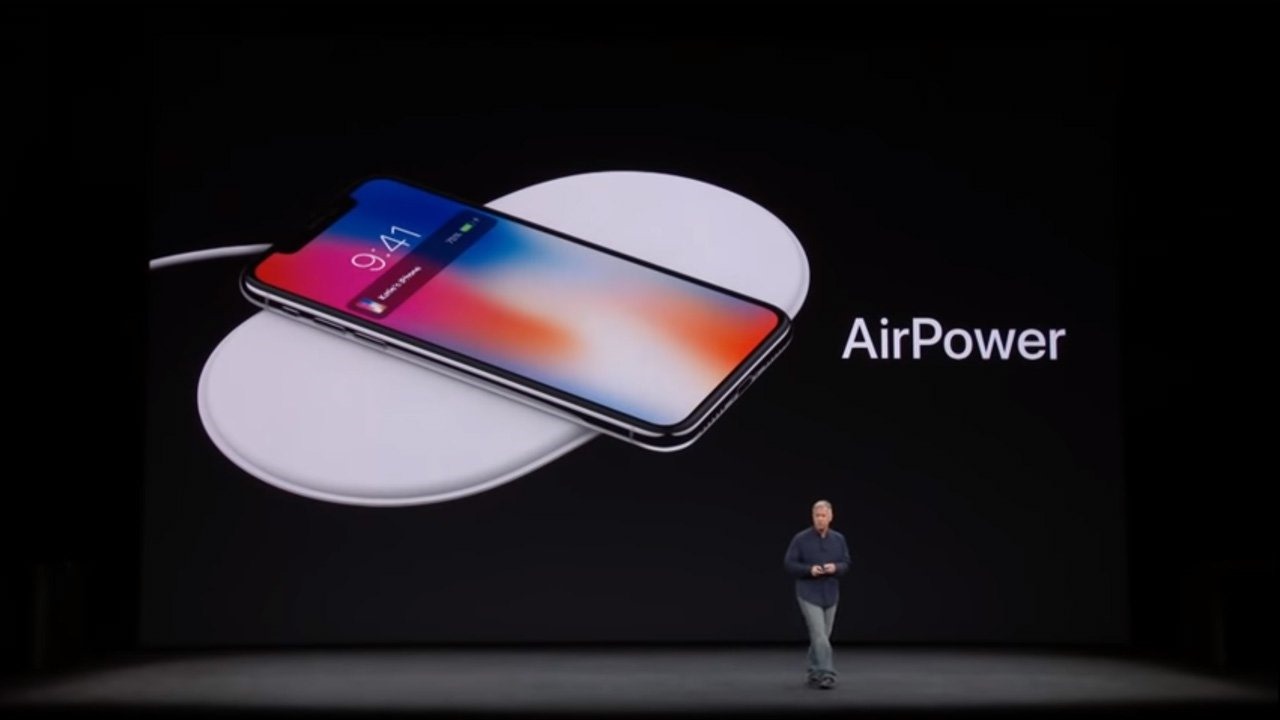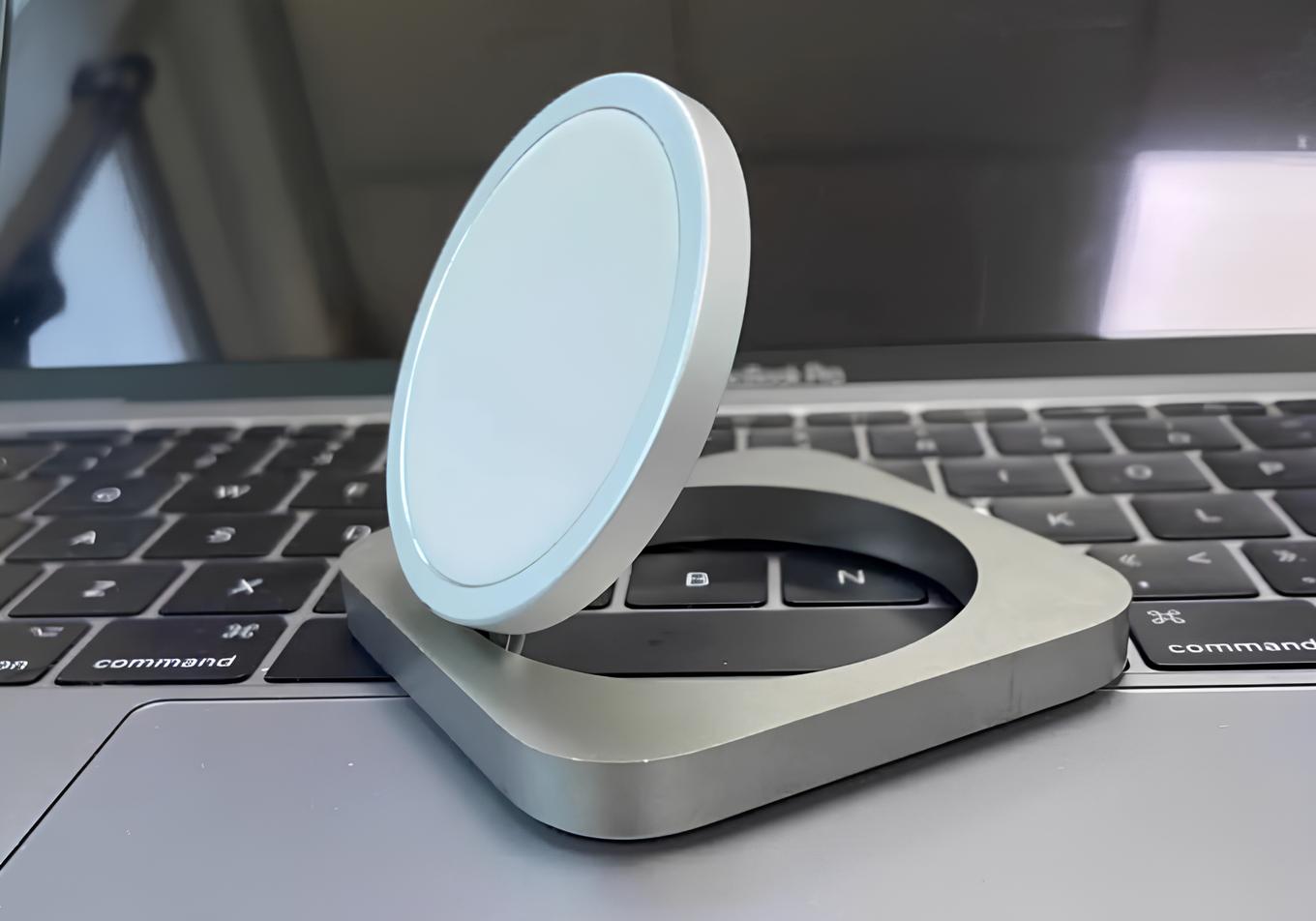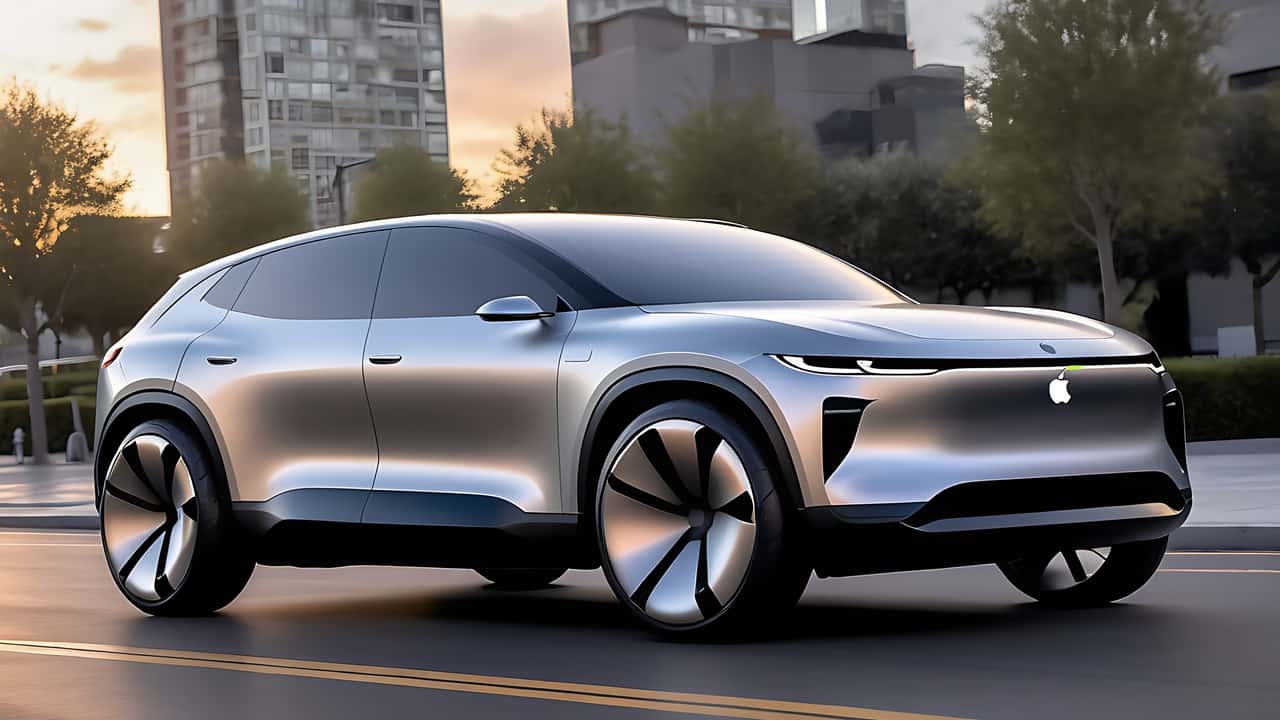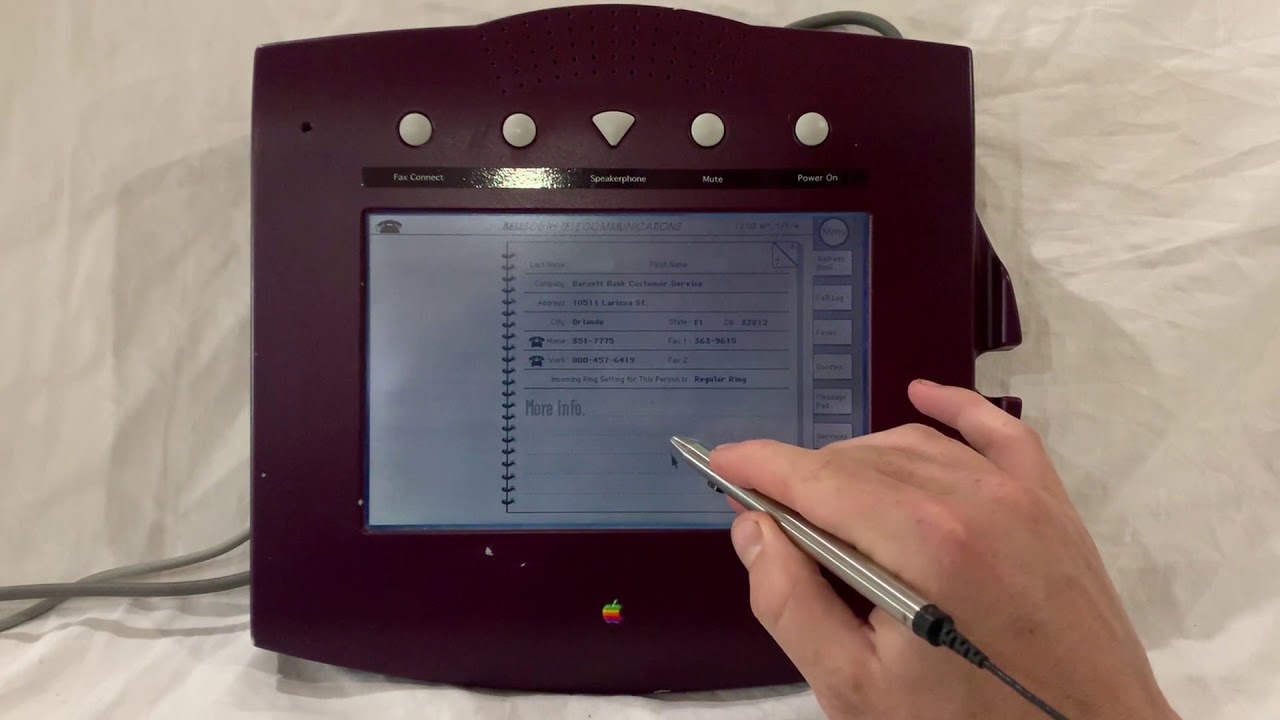Throughout its product development history, Apple is not only known for breakthrough devices like , , or , but also for some projects that never officially reached consumers. Here's a detailed look at some Apple products that were scrapped before reaching the hands of global users.
AirPower Charging Mat
AirPower - Apple's ambitious wireless charging mat, designed to charge three Apple devices simultaneously like iPhone, and AirPods. Announced with much anticipation in 2017, AirPower promised to be a convenient and advanced charging solution. However, the product was ultimately scrapped by Apple in 2019 before hitting the market.
 AirPower - Apple's ambitious wireless charging mat
AirPower - Apple's ambitious wireless charging matThe primary reason behind this decision is due to AirPower encountering serious technical issues related to temperature and power management. The multi-coil charging design in a single plane made temperature control difficult, leading to overheating risks and safety concerns. The termination of AirPower is one of the rare occasions where Apple publicly acknowledged its failure.
Magic Charger
Magic Charger is a wireless charging accessory project by Apple designed to charge the iPhone uniquely, featuring MagSafe charging and a foldable stand for vertical charging. However, this product was never officially announced and was ultimately scrapped. According to reports from The Verge, the main reason for canceling Magic Charger was its design being considered bulky and not aligning with Apple's sleek, modern design criteria.
 Magic Charger is a wireless charging accessory project by Apple designed to charge the iPhone
Magic Charger is a wireless charging accessory project by Apple designed to charge the iPhoneAlthough the idea of a convenient and unique charging solution seems appealing, design issues prevented Magic Charger from becoming part of Apple's official product lineup. This reflects Apple's rigorous evaluation process for each new product, where convenience and functionality cannot be realized if they do not meet the highest design and quality standards.
Apple Car
The Apple Car - Apple's fully autonomous electric vehicle project under the codename Project Titan, is one of the company's most ambitious initiatives, designed to reshape the automotive industry with advanced technology and self-driving capabilities. However, after a decade of development and an investment of around $10 billion, this project was scrapped at the end of February, without specifying which year's end of February.
 The Apple Car - Apple's fully autonomous electric vehicle project under the codename Project Titan
The Apple Car - Apple's fully autonomous electric vehicle project under the codename Project TitanThe termination of the Apple Car is believed to be due to numerous challenges, including difficulties in achieving significant progress in self-driving technology, constant changes in project management, and significant challenges in creating a product that can compete in the crowded and complex automotive market. This reflects Apple's decision to focus on areas where they can make a clear difference, while maintaining high standards of quality and innovation.
Apple W.A.L.T
The Apple W.A.L.T (Wizzy Active Lifestyle Telephone), first introduced in 1993, was one of Apple's pioneering projects aimed at combining a telephone and fax machine with a touchscreen and stylus, a precursor to what later became the iPhone. W.A.L.T had unique features such as online banking access, handwriting recognition, and customizable ringtones, marking Apple's initial foray into the world of smartphones.
 The Apple W.A.L.T (Wizzy Active Lifestyle Telephone), first introduced in 1993
The Apple W.A.L.T (Wizzy Active Lifestyle Telephone), first introduced in 1993However, this project was scrapped and never made it to market. There are several speculated reasons for this decision, including high production costs, technology not yet developed enough to support the ambitious idea, and the market not being ready for such a hybrid device. The cancellation of W.A.L.T demonstrates Apple's readiness to gamble on the future but also not hesitating to halt when a product fails to meet their standards or business objectives.
- What do scientists think of Apple Vision Pro?
- Discover more articles
Check out some discounted and special offer Macbook models at today: